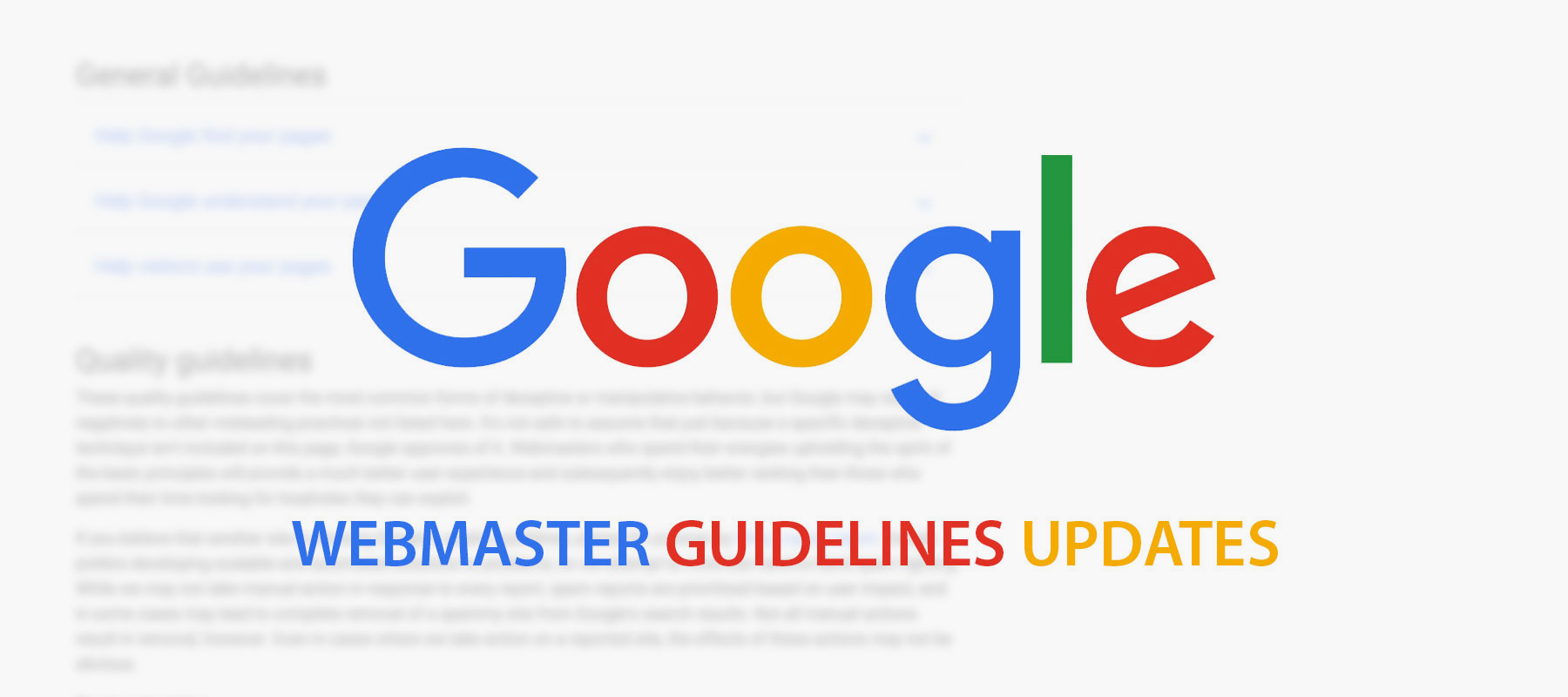Semalt Reveals Why Position Monitoring Is So Important

Table of Content
- Introduction
- Keyword Ranking - the basis for position monitoring
- Why should you bother about position monitoring
- How to increase your ranking?
- Conclusion
Introduction
Position monitoring is made up of two words: position and monitoring. Position, in this context, refers to the position of a website when ranked for a keyword. And monitoring is the act and process of monitoring the position of the website. It also (slightly) involves the improvement of the website's position. Position monitoring is not a new concept. It has been in existence since the old days (when things were offline). In simple words, it ensures that a business stays relevant in its niche. And to remain relevant means you ensure stable sales and revenue. Learn more about position monitoring in this guide to drive your business towards better visibility and more sales.
Keyword Ranking - the basis for position monitoring
The concept of position monitoring cannot be fully explained until the definition of keyword ranking has been justified. But let's begin with keywords. Keywords are exactly what they are - key words. They are words (single words or a phrase) that are popularly and internationally accustomed to every topic. For example, keywords accustomed to cooking includes cooking tips, cookbook, food ideas, cooking stove, and so on.
Keywords are also the words or phrases that people commonly use to search for a certain query on a search engine. In every topic, some words are commonly searched for (more like frequently used words for every topic / niche), these words are called keywords. And since not all words are commonly used, you can generate keywords with any online keyword generator for free.
But here's the technical part - ranks. Some keywords are more popular than others. For example, cooking tips is more popular than cooking stove. So that means that more people search for cooking tips than cooking stove. And this is where ranking comes in. If your website ranks high for 'cooking tips', it means that whenever that keyword is searched for, your website will pop up among the others on the first page of the SERP.
So we can safely say that your position for a keyword influences what page your website pops up on.
Why should you bother about position monitoring?
Position monitoring has only one benefit - increased visibility. But as simple as this might sound, visibility is everything to a business.
Visibility (also known as SEO visibility or search engine visibility) has to do with how easily your customers (or potential customers) can find your website on search engines. If you are not on the first page, you are more or less hidden. Why? Because statistics have it that only the first four results from every search page get the most attention. The last results, even on the first page get only about 0.001% click. How much more are those on the second, third or tenth page. A website that's on the tenth page is hidden from the world.
This is the thing: your visibility is tied greatly to where you rank for a popular keyword. When you rank high (first to fourth), you are guaranteed to have more clicks / traffic (also referred to as website visitors). So visibility is what leads to more traffic. Traffic leads to more website visitors. Website Visitors equals the higher potential for sales. And more sales lead to revenue. Hence, the key to revenue for an online business is to first be seen. And to be seen, you need to work on increasing your rankings.
How to increase your ranking?
Some websites would tell you that the way to increase your ranking is to use only popular keywords: targeted ranking. But this can go from white hat to black hat pretty quickly. This is because ranking has to do with how Google views your website. If your website is seen as an authentic, valuable, and quality one, it'll rank higher. And it'll rank lower if the opposite is seen. We have three other ways that are bound to work if you do them rightly. They include the following: sticking to Google's webmaster guidelines, avoiding spam habits, and the use of backlinks.
1. Backlinks:
Backlinks are very effective in increasing your ranking because they denote quality and a trustworthy website. What are backlinks? They are links that lead back to your website. Backlinks are placed on other websites (or mediums) so that when they are clicked on, they'll link back to you. It can be placed on another website, a blog, social media, comment section, email, and so on. As long as it exists, the search engine will see it and count it as a backlink.
A site without a backlink is seen as a website that doesn't have enough to offer and though it might have many valuable contents, it just won't rank higher than the site with many backlinks. However, there is a wrong and right way to do this. There are some things to note when it comes to backlinking.
A backlink will go wrong if it is linked to a site that's not relevant to yours. For example, if your website is about Italian food ideas, backlinking from a website about banking and finance would kill the whole essence of backlinking. Have your link placed on only sites that are in the (or related) niche as yours. Also, make sure that the site that has your link is a quality site. If a spam site has your link, your site will also be seen as spam. Same with a popular site. When a popular website holds your link, your website would also be tagged as popular, hence increasing your ranking.
Other things you need to pay attention to are your landing page and anchor word. Most people restrict their landing page to their homepage alone - this can look spammy. Use other pages on your website. Also, take note of your anchor word too. Make sure that they are relevant to the landing page.
2. Avoid Spam Habits

This is another way to increase your rankings - stay away from habits that make you seem like spam. Spam websites don't even have a place in the list not to talk of ranking high. It is the recipe for invisibility. One of the habits that can make your website seem like a spam site is stuffing your website with keywords. This happens when you try too hard to get noticed by search engines. A website that uses too many keywords (that almost becomes spammy) would not only be noticed but cut out. Also, check your grammar well enough. Misspelled keywords will only get you on the blacklist.
Too many ads on the site don't make your site rank high. It only brings down the rating of your website. Keep ads to a minimum and don't let them clog your content. And since we mentioned content - ensure that your website content is quality, valuable, and relevant. These are the things that will keep your site out of the black list and into the rank list. The key is to maintain balance with every good ranking strategy you know.
3. Follow Google's Webmaster Guidelines

To make things easier, Google has some guidelines set in place that can guide every website towards better ranking. And although most of what has been mentioned already follow Google's guidelines, here are a few more.
Stay away from automatically generated content. This is not quality and it is definitely not an authentic way of generating valuable content for your viewers. Also, don't buy backlinks because most sold backlinks might not relate to your site (recall what was said about backlinks). Quality is more important than quantity. Avoid having duplicate content on your website too. Keep your content unique and updated as regularly as you can. And work on adding value. However, the most important rule is to create your website for human beings and not for the algorithm.
Most people are carried away by ranking high that they forget that it's people that would read their websites. Google won't be too concerned with your website's technicalities if it is not user-friendly. Your customers have to be able to read, understand, and use the content on your website. If you get this right, most of the other rules would fall into place naturally. Work towards solving problems and creating value. That will keep you on top of the ranks.
Conclusion
Position Monitoring is watching and taking note of where you rank with specific keywords. And the things that affect your position are how much of Google's guidelines you follow, the quality of your website, and of course your backlinks. Since position monitoring is a lot of work, you can outsource this job to a company that specializes in website ranking and website management. They'll help you make sure that your website's rank increases with the tools they'll offer.
If you need to learn more about the subject of SEO and website promotion, we invite you to visit our Semalt blog.